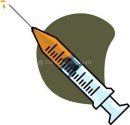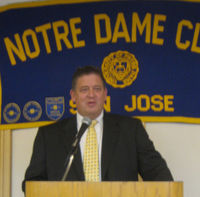 Surgery related medication errors are most likely to affect children, according to a new study.
Surgery related medication errors are most likely to affect children, according to a new study.
From today’s New York Times (sub. req.):
The current study did not try to estimate total error rates. Instead, it analyzed 11,000 mistakes that had been voluntarily and anonymously reported to the pharmacopeia by hundreds of hospitals since 1998.
The study was confined to errors made on patients undergoing surgery, and the rate of harm, 5 percent, was much higher than is typical for medication errors. Among children it was 12 percent.
Problems were found with a lack of communication as patients moved from pre-op, to surgery to post-op and back to their rooms.
A study back in 1999 found that as many as 98,000 people die each year as a result of medical errors. (Institute of Medicine, National Academy of Science To Error is Human: Building a Safer Health System (National Academy Press, 1999).
Causes of the problem come as no surprise to those who litigate medical malpractice cases. From the NYT story:
Typical dangerous mistakes were failures to administer antibiotics before surgery, failures to note allergies, errors in setting pumps that dispense blood thinners or painkillers, and giving overdoses to infants.
In several cases described in the report, poor penmanship, careless listening or bad arithmetic caused patients to get doses 10 or even 50 times as high as they should.
These are the types of institutional problems that can be fixed and should not exist in a modern hospital.
The study was done was done by the United States Pharmacopeia, which sets standards for the pharmaceutical industry, and by the Uniformed Services University of the Health Sciences in Bethesda, Md., and two nurses’ associations.
More links:
- Pharmacopeia Press Release;
- Medication Errors During Surgeries Particularly Dangerous (WCAX-TV – Vermont – HealthDay News)
- Are Electronic Health Records Coming Soon? (This blog, 12/15/06)…Often, medical malpractice occurs for the simplest of reasons: One health care practitioner did not effectively communicate a problem to another. And often, this is simply because of sloppy record keeping or illegible handwriting….more at link

